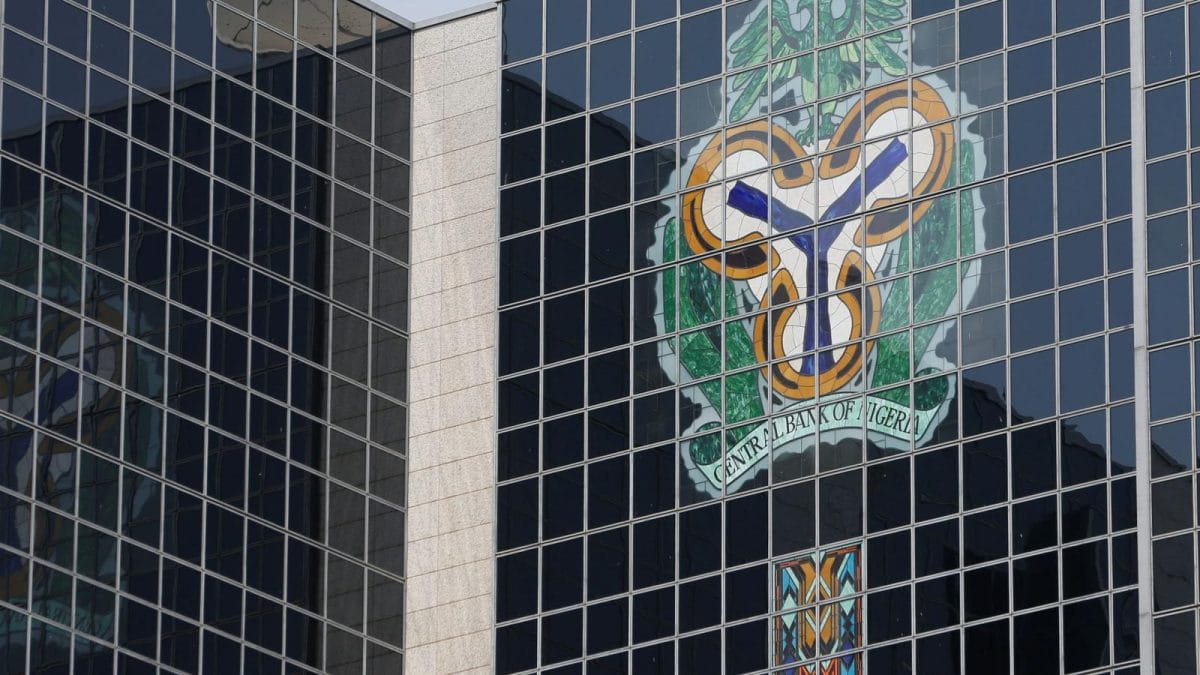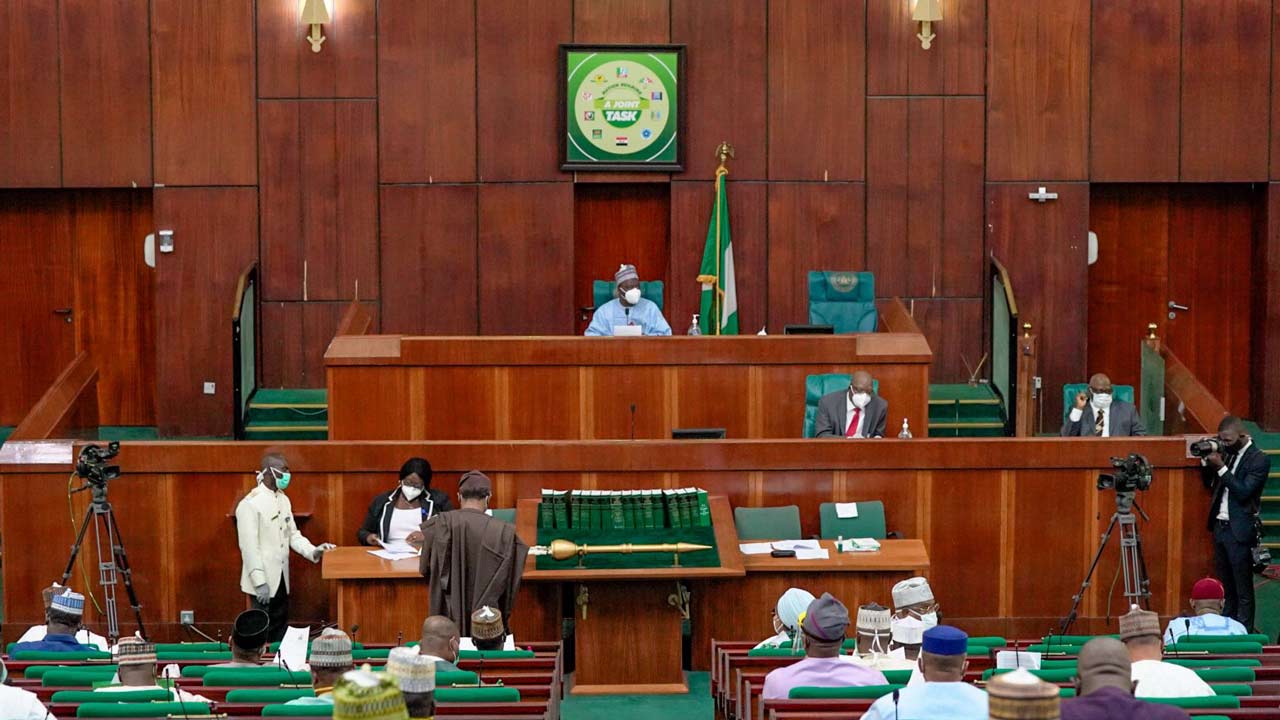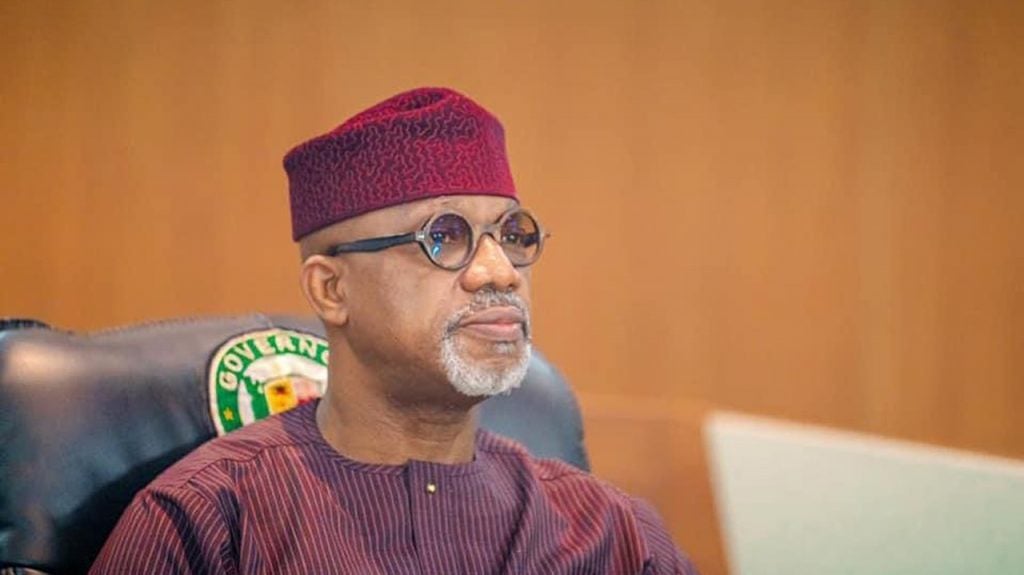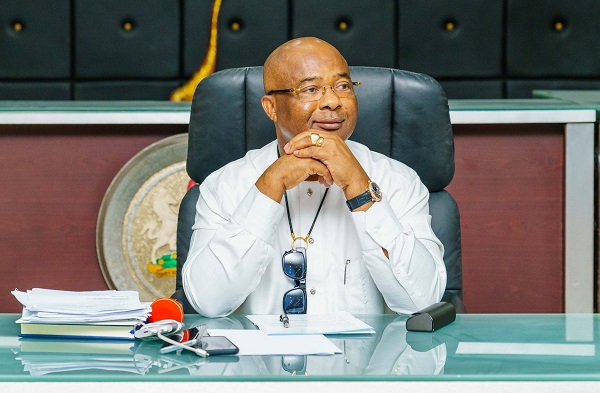‘Park and Pay’policy in Abuja causes reactions
Mixed reactions have followed the reintroduction of the ‘park and pay’ policy by the Federal Capital Territory (FCT) Administration.
The Guardian learned that the policy, which was first introduced in 2012, on selected major streets in Abuja, aimed at curtailing illegal parking in the city. It also ensured better traffic flow.
At the inception of the policy in 2012, Abuja motorists were expected to pay fees ranging from N50 to N100 to park in designated parks for 30 minutes or more.
Defaulters were hit with a N5,000 penalty. Cars were clamped (locked), and fines were imposed on those whose vehicles overstayed for 20 to 30 minutes.
However, the introduction of the scheme brought about disagreement between car owners / drivers, and operators engaged by the FCT authorities.
Consequently, a private savings and loan firm dragged the Federal Government before a Federal Capital Territory High Court, sitting in Apo.
In a ruling on April 14, 2014, he declared the Abuja administration’s park and pay policy illegal and ordered the immediate stoppage of its implementation. He added that there is no law supporting the policy.
Similarly, in May 2015, the controversial Abuja park and pay policy came to an end.
However, on August 6, 2023, the FCTA and a group of concessionaires of on-street parking signed an agreement to restore the ‘park and pay’ scheme in Abuja.
The Permanent Secretary of the FCTA, Olusade Adesola, who signed on behalf of the FCTA, said that the move was to promote a culture of orderliness and organization in vehicle parking.
He stressed that implementation would not commence immediately until residents were fully sensitized and enlightened about the scheme.
In response, motorists and commuters expressed concerns about the implications.
A motorist, Ochiaka Ugwu, advised that the proposed scheme should be done with a human face and shouldn’t impoverish motorists.
He said: “I think the company has engaged with stakeholders. Even when they engaged the media, one thing was foremost in our minds, whatever they wanted to do should be considerate of the people, because times are difficult.
“I don’t know how far they have come or how much they are trying to collect from people, but my opinion is that people should not be overtaxed, so that at the end of the day, they will still have some money to meet other necessities of life.”
For a private car owner, Linda Umo, it is a welcome development that could bring sanity to the FCT.
She, however, called for designated places for people to park their cars.
A taxi driver, Joshua Adedoyin, has asked the FCT Administration to ensure corruption-free schemes.
Also, a resident, Ene Onotu, wondered if the policy was right at the time.
“Nigerians are experiencing economic downturns and shouldn’t be disturbed by this. However, they should inform people about the policy, so they do not fall victim. They should also mark out places where people should park.
“I think the main thing they should do now is curb the excesses of reckless taxi drivers in the FCT,” she said.






